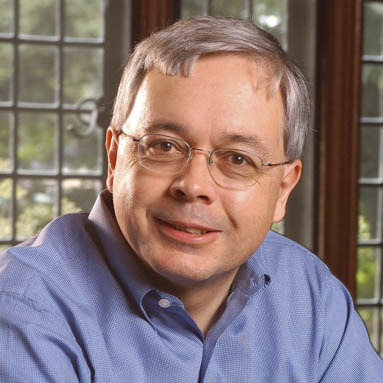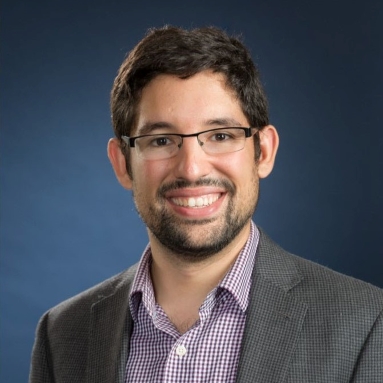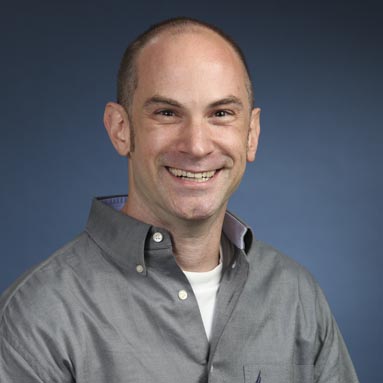A new partnership between Worcester Polytechnic Institute (WPI) and Honeywell Aerospace is aimed squarely at helping the aviation industry reduce its carbon footprint by examining how hydrogen fuel cells can help power the next generation of aircraft.
This work focuses on hydrogen storage and power generation technology for all forms of air travel, including unmanned aerial vehicles, passenger and cargo travel. Honeywell is supplying hydrogen equipment and technology expertise, and has established a significant presence on WPI’s campus, with lab space in Goddard Hall and offices at Gateway Park.
“The aviation industry has recognized an imperative to de-carbonize, which is extremely challenging in the weight- and volume-constrained environment of an aircraft. Hydrogen, along with sustainable aviation fuels and aircraft electrification, represents a huge opportunity for the aerospace industry to meet the UN’s 2050 climate targets,” said Andrew Teixeira, assistant professor of Chemical Engineering, and project lead on the WPI team. “The collaboration with Honeywell will accelerate the process because the partnership permits WPI researchers to focus on the scientific bottlenecks, while Honeywell provides leading expertise on aerospace productization and certification. The combination of expertise that spans Technology Readiness from pure research all the way to shipping product, all in one location, enhances our ability to move and iterate fast, and make a real difference to the aviation industry.”









